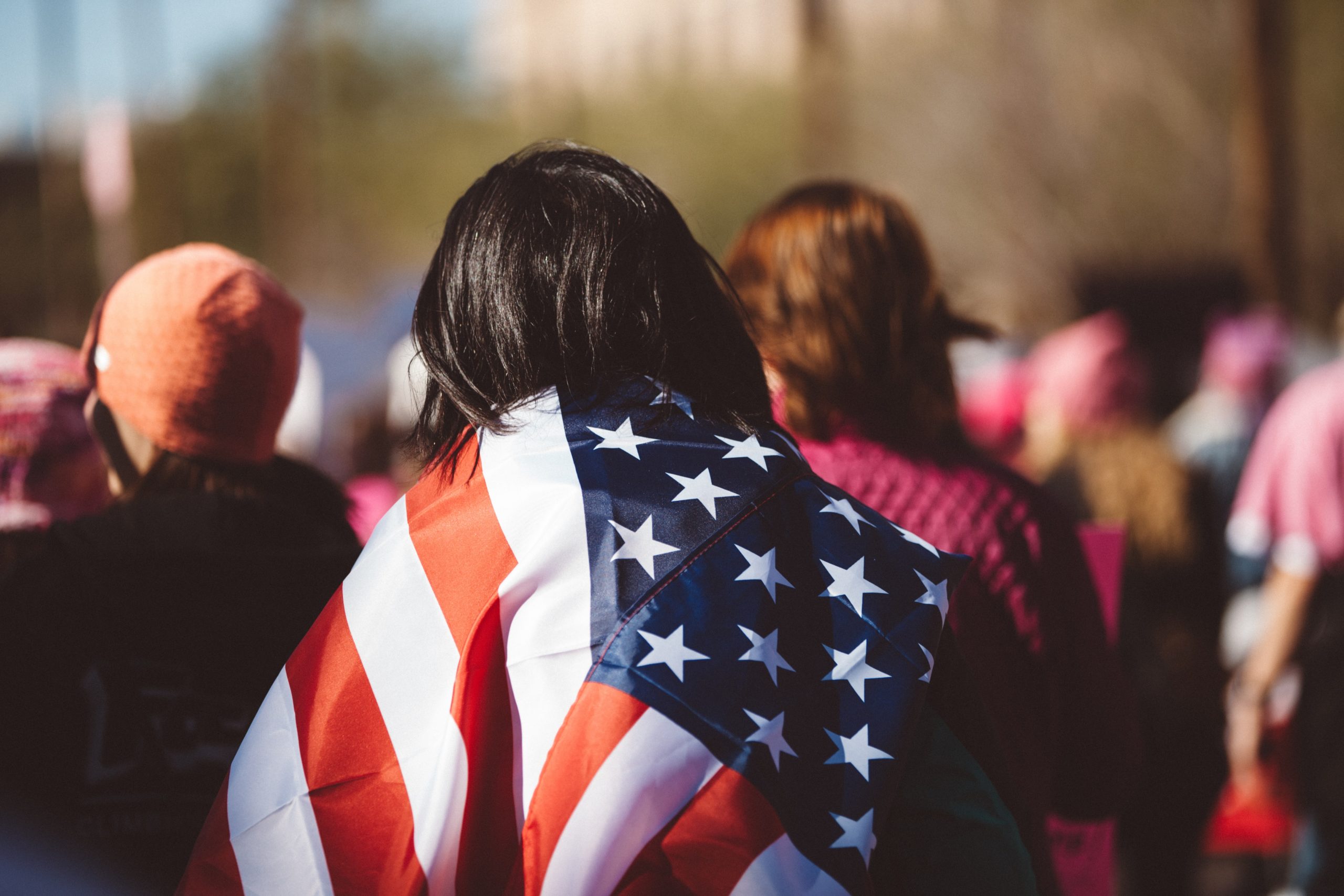A lot of those "mass shootings" are gang or drug related, or involve personal grudges against specific people. In my opinion, this is different from someone who goes to a certain place with intent to just randomly kill as many people as possible with little or no regard for who he targets.
I wanted to dig a little deeper into this issue. I did not intend this thread to be about one aspect of guns/gun in culture, as too many of the threads in the gun forum tend to. Rather, I started it here to maintain a higher-level view, more dispassionate approach.
As noted, I agree, a lot of "mass shootings" (using the indicia of multiple targets/victims in the 4-person range) are drug or domestic violence triggered - the proverbial "drive by shootings" or "going postal" events. What facilitates their destructiveness, of course, is the subject of this thread:
the gun.
In the musical "West Side Story", the gangs were armed with clubs and knives. The introduction of a firearm is a major turning point in the story. That was then.
Today, most gang members get an early introduction to firearms in maintaining territory. Why is that? Because a bad guy
with a gun is far more effective as a disruptor. Put a group of "gang bangers" into a vehicle and you have a potent mobile weapon system. Unfortunately, their usage tends to be indiscriminate.
Similarly, a domestic abuser armed with a gun is much more dangerous - lethal - than the ne'er-do-well in the sleeveless undershirt. The same with the co-worker with a grudge.
What each of these scenarios have in common - and with the mass casualty events - is not motivation, but
means. It's the gun that makes the difference between a visit to a hospital or the morgue.
My focus is often, as here, the effect of firearms in the situation, and as a public policy issue. My interest is not discussion of the Second Amendment pro or con. The ubiquity of firearms in the public sphere is the public policy interest at play here.
Which brings me back to the central issue -
what are the fundamental characteristics of guns that make them an issue in and of themselves. (A gun is a tool for putting a projectile on a target.)
The most common use of a firearm in our society is as a means of effectuating a suicide, the 10th-leading cause of death in the U.S.
Guns & Suicide (Harvard public health). "Far more people kill themselves with a firearm each year than are murdered with one." Almost two to one, in many years, but not recently. Indeed, "Though guns are not the most common method by which people attempt suicide, they are the most lethal. About 85 percent of suicide attempts with a firearm end in death. (Drug overdose, the most widely used method in suicide attempts, is fatal in less than 3 percent of cases.) Moreover, guns are an irreversible solution to what is often a passing crisis. Suicidal individuals who take pills or inhale car exhaust or use razors have time to reconsider their actions or summon help. With a firearm, once the trigger is pulled, there’s no turning back."
The same is true in many of the public shooting scenarios listed above - the drive-by, the domestic abuser, the disgruntled employee, or the sociopath.


